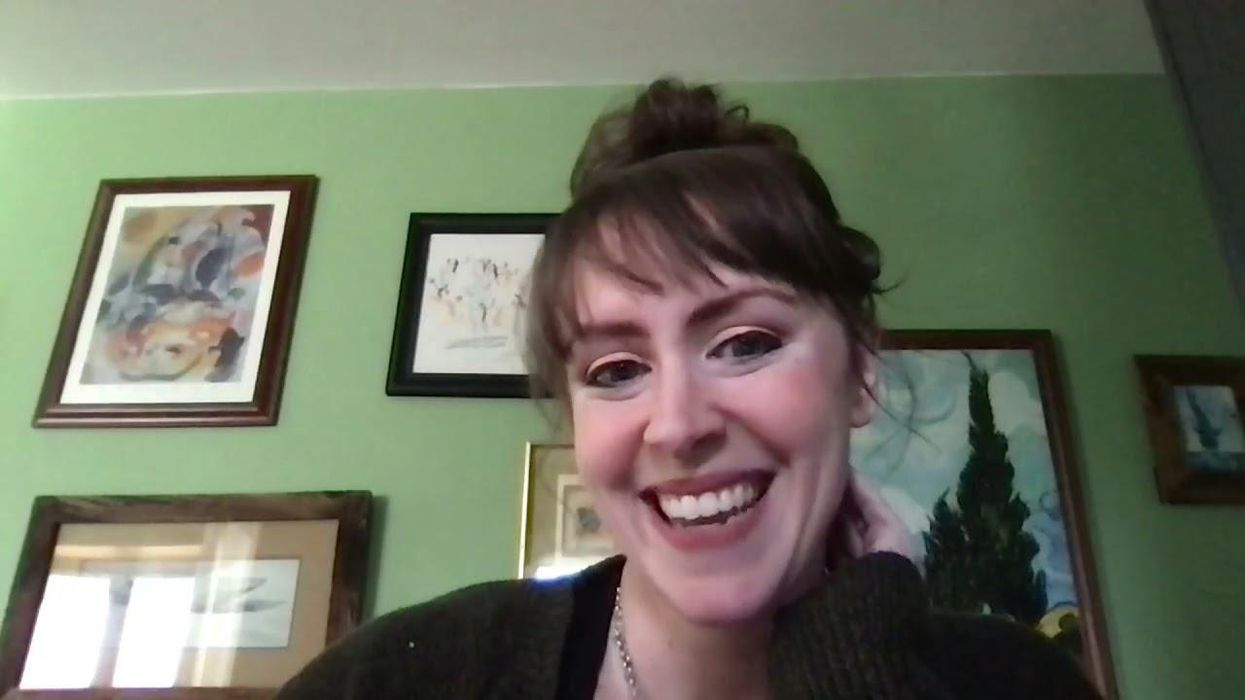In this edition of Ballotpedia's Beyond the Headlines, the Ballotpedia team reviews the U.S. Supreme Court's 2021-2022 term, including accepted cases, upcoming argument sessions, rulings of the court, and some important statistical data.
Video: Beyond the headlines SCOTUS 2021 - 2022
Beyond the Headlines: SCOTUS 2021 - 2022




















Trump & Hegseth gave Mark Kelly a huge 2028 gift